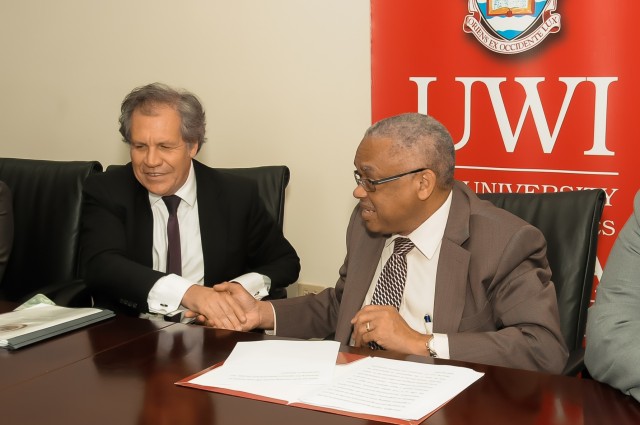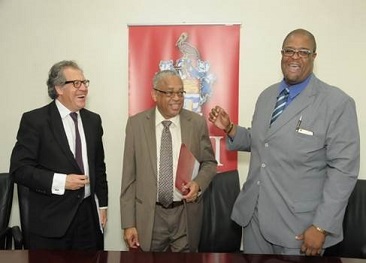Active citizenship means people getting involved in
their local communities and democracy at all levels, from towns to cities to
nationwide activity. Active citizenship can be as small as a campaign to clean
up your street or as big as educating young people about democratic values,
skills and participation. Active citizenship is one of the most important steps
towards healthy societies.
 Though the concept of citizenship grounded in
activity, responsibility and democratic values is emphasized in educational
policy, the views and opinions of the younger generation in are, it appears,
changing in a direction not conducive to bolstering active citizenship. As we
understand it, active citizenship is a combination of knowledge, attitude,
skills and actions that aim to contribute to building and maintaining a
democratic society. Active Citizenship supports democratic cooperation that is
based on the acceptance of universal human rights and the rule of law, values
diversity and includes the whole community. Education towards gaining this
knowledge and developing and practicing the skills take place in all levels of
our shared social life, but schools play a very important role in it.
Though the concept of citizenship grounded in
activity, responsibility and democratic values is emphasized in educational
policy, the views and opinions of the younger generation in are, it appears,
changing in a direction not conducive to bolstering active citizenship. As we
understand it, active citizenship is a combination of knowledge, attitude,
skills and actions that aim to contribute to building and maintaining a
democratic society. Active Citizenship supports democratic cooperation that is
based on the acceptance of universal human rights and the rule of law, values
diversity and includes the whole community. Education towards gaining this
knowledge and developing and practicing the skills take place in all levels of
our shared social life, but schools play a very important role in it.

Educational program’s need to be developed to improve
competencies like co-operation and communication as well working to increase
critical ability, reduce prejudice and build tolerance, understanding, empathy,
and an openness to diversity. During the research, tailored programs were
developed to address these competencies and were positively received by
participants. More widespread endorsement and implementation is now required.
Contributor:
Yanique Rose
4th Year History and Social
Studies Student
Bethlehem Moravian College






